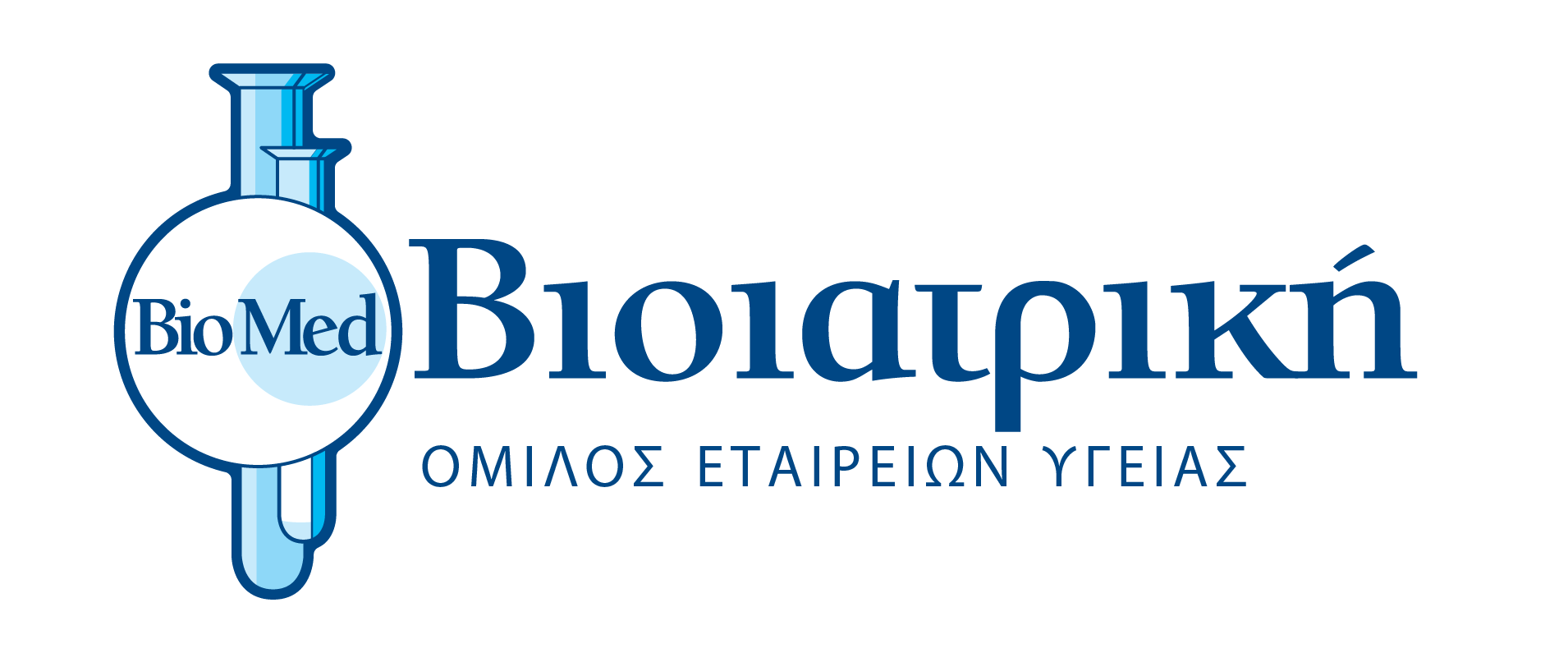By Kyriakos Yiannoukas*

Laboratory medical tests, especially in children whose bodies are developing rapidly, are extremely important as they can detect any disorders before they can cause serious health problems. Therefore, any finding of health issue can be treated promptly and effectively. Below, I answer five key questions that we usually receive from parents about their children medical tests.
1. When is a child suggested to proceed to blood tests?
In consultation with the pediatrician, a complete blood count is recommended when the child reaches the first year of life and then at the age of 5. Blood tests reflect a child’s health status and provide pediatricians with valuable information about specific diseases, such as diabetes and anemia or issues with their kidneys, liver, heart, etc. Nevertheless, a complete diagnosis of a disease may require several specialized tests.
2. What should my child be checked for?
The pediatrician, who is aware of a child’s medical history, is the best person to decide which tests are suggested for a child to undergo. However, in a healthy child, doctors recommend a complete blood count to assess the blood cell count, platelets, haemoglobin, and hematocrit. Furthermore, anemia is assessed by checking iron and haemoglobin levels, while blood sugar level is also important. In girls, iron testing is particularly important during adolescence, as due to menstruation, mild anemia may occur. Moreover, for the assessment of kidney function, urea and creatinine are checked, while transaminases (SGOT, SGPT) indicate good liver function. It is also important, especially if there is heredity, to check cholesterol (HDL, LDL) and triglycerides as it can be used to determine if there is a predisposition to familial hyperlipidemia (FH), as well as thyroid hormones. Electrolytes’ assessment in children is also of significant importance, since a lack of electrolytes may cause issues that greatly affect the daily life of children, such as tachycardia, dizziness, headaches, cramps, etc.
3. Which are these electrolytes?
Electrolytes are responsible for maintaining normal water levels in the body. It is important the assessment of potassium and sodium levels, which have a key role in the normal development of the nervous system and muscles. Additionally, parents should test their children for calcium and phosphorus which are the most important minerals for the normal growth and maintenance of bones. On the other hand, magnesium helps to maintain a healthy immune system and good muscle function etc.
4. Should a child be fasting before the blood tests?
Levels of most blood components (test results) are not significantly affected after a normal breakfast. However, analyses related to metabolism, such as glucose (sugar), triglycerides, cholesterol, and lipids in general, should run under fasting conditions. We recommend collection of all blood samples in the morning, after a 12-14 hour fast.
5. My child is afraid of needles. How can I help them?
In most cases, the blood collection process is stressful, both for the child and the parents. Parents should explain to the child the procedure and the reasons for the examination, depending on the child’s age, being calm and reassuring themselves. They may refer to “a little sting”. If the child is attached to a toy, e.g., a stuffed teddy bear, it is a good idea to have it with them during the blood sampling procedure. We also suggest distracting the child. That is, parents could be talking about pleasant memories or generally about any topic their child likes. It should also be mentioned that the phlebotomist plays a key role as their approach is one of the most important features for the outcome of the blood sampling procedure. In any case, phlebotomists should be trained and qualified.
*CEO of Yiannoukas Medical Laboratories, BIOIATRIKI Healthcare Group in Cyprus









